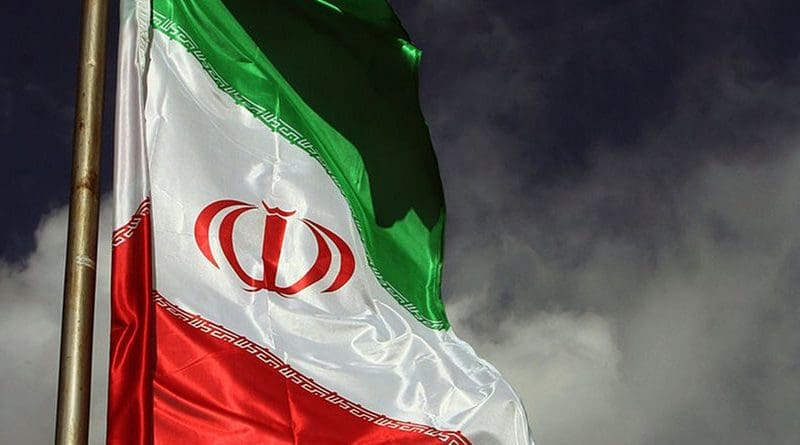Iran Nuclear Accord In Semi-Crisis – OpEd
Slowly but surely, the once rather robust environment around the historic Iran nuclear deal has evaporated into an increasingly crisis situation, thus raising doubts about its future prospects.
The new uncertainties about the nuclear agreement, known as the Joint Comprehensive Plan of Action (JCPOA) are themselves poison particularly for Iran as it continues to vest hope in reaping the economic benefits of the JCPOA during the second administration of President Hassan Rouhani.
Pressured by the hardliner politicians at home, Rouhani has now thrown the gauntlet by threatening to resurrect Iran’s industrial-scale fuel cycle if the US presses on with new sanctions. US’s Ambassador to the UN, Nikki Haley, has reacted by making the outlandish statement that Iran will not be allowed to hold “the world hostage,” but perhaps Haley’s impending visit with the officials of the atomic agency in Vienna next week will be educational for her, in light of the hitherto seven IAEA reports confirming Iran’s full compliance with the JCPOA.
With the Trump Administration openly fishing for evidence in order to decertify Iran’s JCPOA compliance come this October, the stage is now set for a full-scale crisis (of choice), triggered by a US administration keen on checking the rising Iranian power in the Middle East by abrogating the nuclear deal, which has brought a modicum of normality in Iran-West relations.
By all accounts, should the White House balk at certifying Iran’s compliance to the US Congress a precious few months from now, then the likely result will be the internalization of the nuclear crisis into a crisis of decision-making within the US government itself, given the widespread reports of deep, and perhaps irreconcilable, divisions within the administration on its Iran strategy, pitting some of the president’s key advisers against the institutional heavyweights in the departments of state and defense as well as the national security council.
Even the US Secretary of State Rex Tillerson has publicly acknowledged his differences with the White House on the JCPOA, which has in turn prompted rumors that if Trump opts to decertify Iran in October, Tillerson will likely resign.
For now, however, the US continues to abide by the agreement despite taking tactical measures against it, in order to minimize Iran’s harvest of economic benefits, questioned most recently by ranking US Senator Diane Feinstein in an opinion column readily admitting that Trump’s recent lobbying the G20 leaders against doing business with Iran was a clear violation of the JCPOA.
In fact, Trump’s efforts have so far come empty-handed, as more and more European companies and even banks are engaging with Iran, thus reflecting a largely irreversible pattern of interaction with Iran in the new “post-sanctions” milieu.
Lacking any sound justification to sell its Iranophobic policy to its Western allies, the White House is pressed between a rock and a hard place, maneuvering to hit Iran with new sanctions and other related pressures while nominally committed to the JCPOA.
Caught between the cross-current of opposing perspectives on the viability and value of the JCPOA as mentioned above, President Trump is however apt to let the chips fall on the side of sticking with the JCPOA this Fall, given his preoccupation with the more pressing, and real, Korean crisis.
Indeed, this is the more likely scenario, likely anticipated by President Rouhani and his foreign policy team, who are well aware of the potential harms to US’s own national security interests if it scraps the nuclear deal, thus giving Rouhani a measure of elbow room to counter-maneuver against the White House and US Congress.
The net result of this mixed environment is, in the end, the perpetuation of an unhealthy state of semi-crisis around the JCPOA, bound to linger throughout the first Trump administration.

